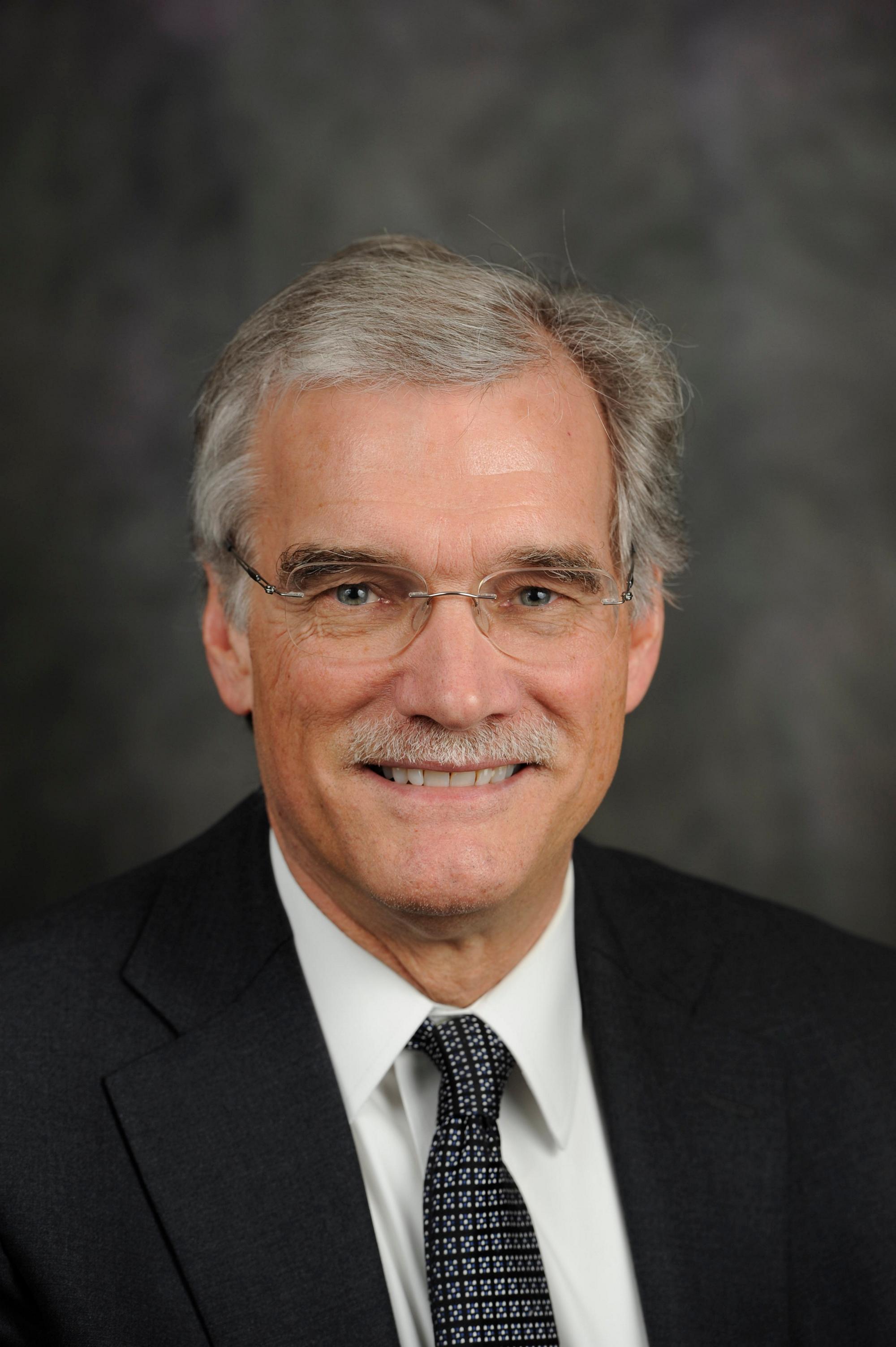
Robert M. Groves is the Gerard J. Campbell, S.J. Professor in the math and statistics department as well as the sociology department at Georgetown University where he has served as the Executive Vice President and Provost since 2012. Groves is a social statistician who studies the impact of social cognitive and behavioral influences on the quality of statistical information. His research has focused on the impact of mode of data collection on responses in sample surveys, the social and political influences on survey participation, the use of adaptive research designs to improve the cost and error properties of statistics, and public concerns about privacy affecting attitudes toward statistical agencies.
Prior to joining Georgetown as provost he was director of the U.S. Census Bureau (presidential appointment with Senate confirmation), a position he assumed after being director of the University of Michigan Survey Research Center, professor of sociology, and research professor at the Joint Program in Survey Methodology at the University of Maryland.
He has authored or co-authored seven books and scores of peer-reviewed articles. His 1989 book, Survey Errors and Survey Costs, was named one of the 50 most influential books in survey research by the American Association of Public Opinion Research. His book, Nonresponse in Household Interview Surveys, with Mick Couper, received the 2008 AAPOR Book Award. His co-authored book, Survey Nonresponse, received the 2011 AAPOR Book Award.
Groves serves on several boards and advisory committees including the Pew Research Board, the Population Reference Bureau, and the Statistics Canada Advisory Committee. He is an elected member of the US National Academy of Sciences, an elected member of the National Academy of Medicine of the US National Academies, an elected member of the American Academy of Arts and Sciences, an elected fellow of the American Statistical Association, and an elected member of the International Statistical Institute.
Groves has a bachelor’s degree from Dartmouth College and master’s degrees in statistics and sociology from the University of Michigan. He also earned his doctorate at Michigan.

